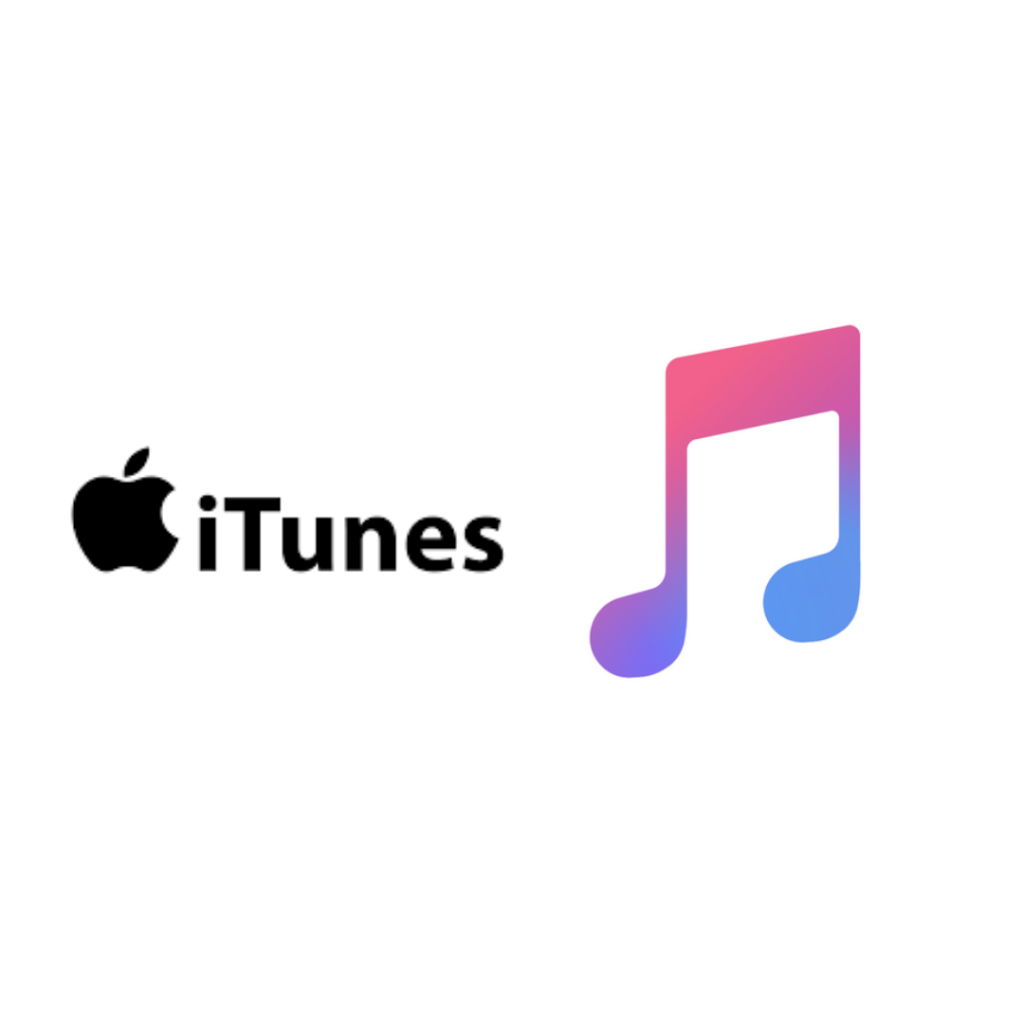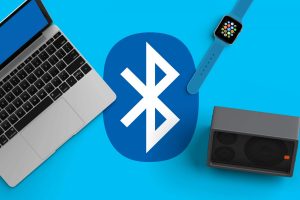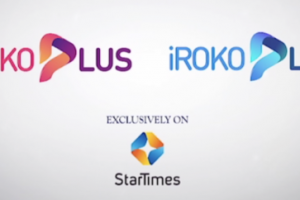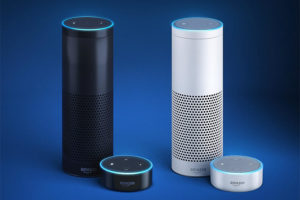On a first glance, the differences between iTunes and Apple Music might not be very glaring to non-savvy users. But you should know that there are a number of differences that distinct both services. Albeit both are Apple services, Apple Music and iTunes operate different models for different audiences.
In this post, we’ll be taking a look at some differences between iTunes and Apple Music. But first, let’s see what both platforms are and what they’re used for.
What is Apple Music?
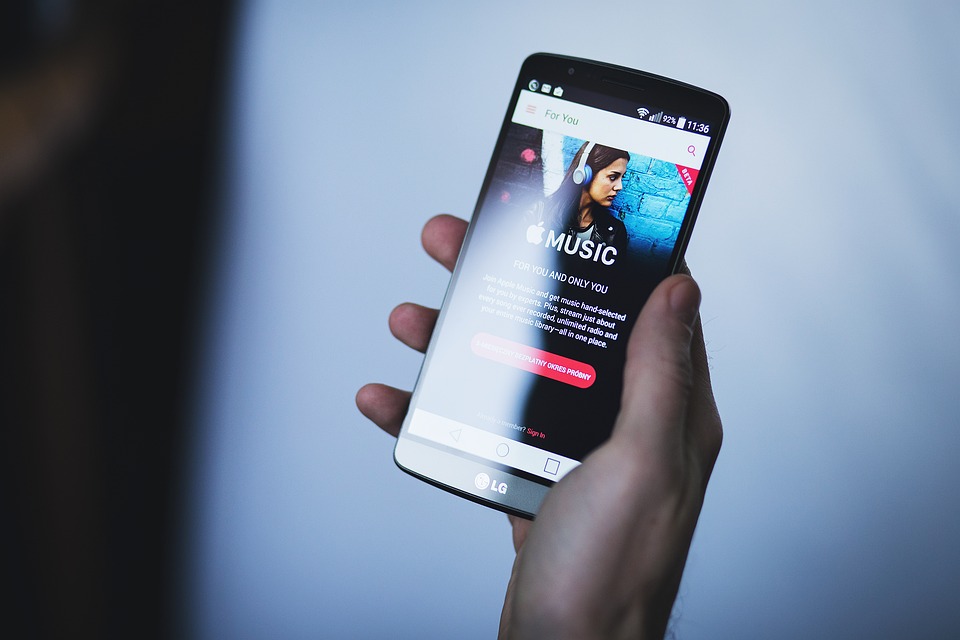
Apple Music is a subscription-based music streaming service by Apple. With this service, you can stream songs and albums online or download for offline listening— on mobile devices (Android or iOS) and computers. However, you are required to pay a monthly fee to have access to this service.
Other music streaming services similar to Apple Music include YouTube Music, Spotify, Deezer, Amazon Music, Pandora, Tidal, and so on. You can create personal playlists on your Apple Music.
What is iTunes?
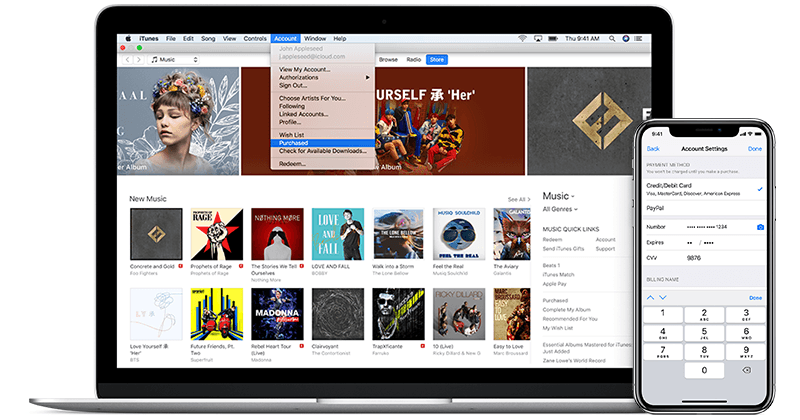
iTunes is more like a media player and library. With it, you can organize and play your music and video, play or download unlimited songs via Apple Music (with a paid subscription). It also has a store where you can find music, movies, TV shows, audiobooks, free podcasts, and more.
The store is a digital marketplace for music to buy and download your favorite songs, movies, and podcasts. Beyond music and other forms of content, iTunes is also a mobile device management utility. You can use iTunes to back up the contents of mobile devices, share files, and more.
Differences Between iTunes and Apple Music
Find below a couple of major differences between iTunes and Apple Music.
- Access to Content: The mode in which content is accessed from both services differs. For Apple Music, after subscribing, you can only stream songs on demand. While on iTunes, you’d rather purchase the songs from the store to download.
- Mode of Payment: For Apple Music, you get to pay a subscription fee monthly and this gives you access to an entire catalog of songs. For iTunes, you pay to own a license of a song.
- Content Ownership: iTunes can serve as a digital library to offload content on any device—because you’ve basically purchased a license to use the content for non-commercial purposes.
- Platform Availability: In 2019, with the release of the macOS Catalina, iTunes (on macOS) was split into three— Apple Music, Apple Podcasts, and Apple TV. However, it remained the same for Windows computers.
The table below summarizes the differences between both services.
| iTunes | Apple Music | |
| Can you buy content from the platform? | YES, via the iTunes store. | NO, you can’t. |
| Do you pay a subscription fee? | NO | YES |
| Can it serve as a digital library for music, movies, and other files? | YES | NO |
| Can you import/copy/rip songs from CDs into the platform? | YES | NO |
| Is the app available on macOS? | NO | YES |
| Is the app available on Windows OS? | YES | NO |
| Can it be used as a mobile management utility (backup, file syncing)? | YES | NO |


